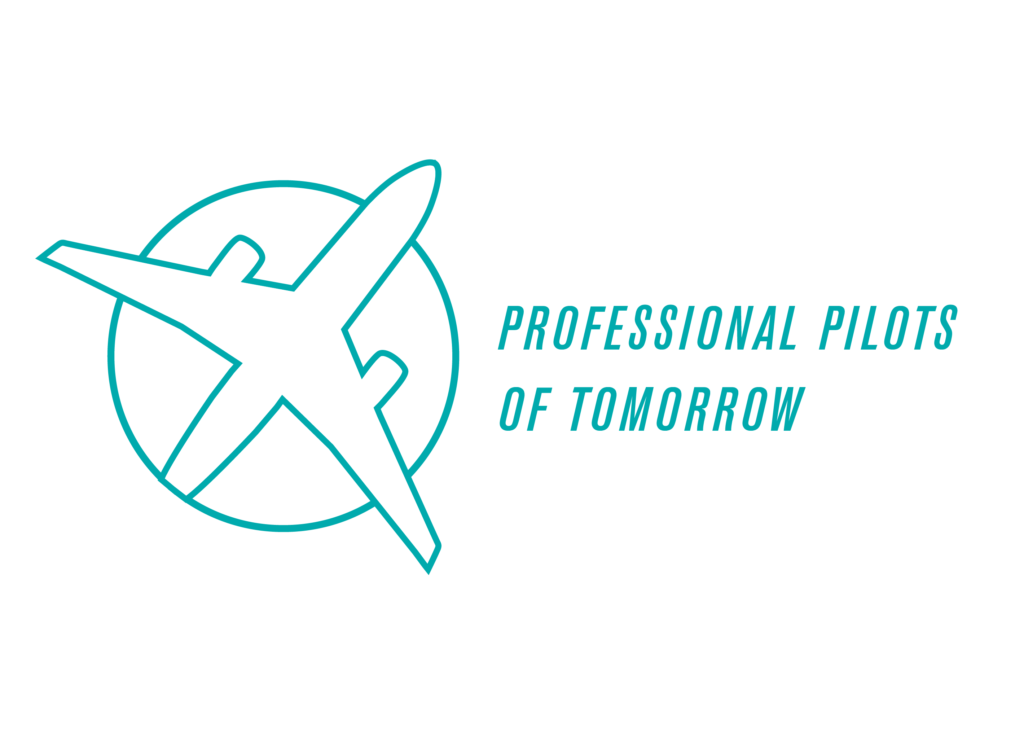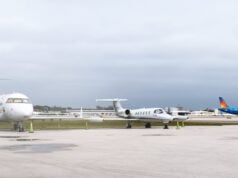 For this month’s article, I’ve decided to step away from the pilot success story and instead share with you some lessons I’ve learned along the way. These lessons are focused on three fundamental concepts: mentorship, networking and professionalism. My hope is that through sharing my experiences and observations, the audience will perhaps see what I neglected to comprehend during the early stages of my career, and therefore benefit by applying and perfecting these concepts for themselves.
For this month’s article, I’ve decided to step away from the pilot success story and instead share with you some lessons I’ve learned along the way. These lessons are focused on three fundamental concepts: mentorship, networking and professionalism. My hope is that through sharing my experiences and observations, the audience will perhaps see what I neglected to comprehend during the early stages of my career, and therefore benefit by applying and perfecting these concepts for themselves.
Networking, mentorship and professionalism are equally important on their own as they are when considering how they impact each other. Understanding and applying each concept on its own merit supports the practice and implementation of each of the others. Ultimately, the goal is to utilize all three, applying them in a conscious manner for the benefit of both professional and personal growth.
Mentorship
It is safe to say that we would not be where we are today without standing on the shoulders of someone who came before us. Ask any pilot to name someone who helped them, and undoubtedly you will hear not one, but many names and stories of former instructors, professors and colleagues who at one time or another went out of their way to provide guidance and insight. This process of using personal experience as a means of assisting those following in our footsteps is not new, however as in any industry, is fundamental for preparing the next generation of professionals. I could go on and on about my first flight instructor from whom I have sought guidance countless times, or of captains and chief pilots who showed me the ropes. But, what I wish to convey to you right now is that this process of mentoring does not have to wait until you are at the top of your career. It can happen as early as receiving your private pilot’s license, or getting your first flight instructing job. Your experiences and accomplishments, however small in comparison to others, is nonetheless of value to those following in your footsteps. Actively sharing what you have learned with others is fundamental towards better understanding your own achievements and useful in helping create networks and connections within the aviation industry.
 Networking
Networking
As just mentioned, mentorship is important as a part of becoming a well-rounded individual in both our professional and personal lives. It also allows us to begin growing our circle of influence, which is another way of saying “network.” I like to use this phrase in place of “network” because it conveys a more comprehensive meaning of the concept. Many will believe and limit themselves to thinking that a network is about getting to know the right person who will help get you into the right job or position you for advancement. Though this holds some truth, it by no means fully explains the depth and value of having a balanced and expansive circle of influence. The more people with whom we connect, communicate and maintain relations, the greater the information we both receive and share within our community. This information is valuable when it comes to understanding our industry and what is required of us as professionals. As we progress in our career, we are constantly searching for information that can be critical towards our personal advancement, i.e. how to build a résumé, appropriate attire, industry/airline information, quality of life, etc. While this may seem obvious, what may not appear so evident is that one need not wait until later in their career, but rather start honing in on their networking skills from day-one. It is imperative that as professionals, we learn how to communicate and maintain relationships with the people we encounter throughout our career. This is a small industry of many concentric circles in which we move. The stronger your circle of influence, the stronger your chances are of being in-the-know and therefore making the most informed career path decisions.
Professionalism
It goes without saying that to be a professional, one must act professionally. However, truly understanding and applying this concept requires effort and diligence. Being a professional is a matter of conduct and how behavior is perceived by those to whom we are exposed. It’s a matter of understanding that regardless of whether we are being watched or not, your conduct speaks volumes about your character and abilities. Your conduct encompasses everything from your professional appearance to your actions as a pilot and informal interactions with passengers and colleagues. If you can’t make the effort to dress professionally and maintain certain standards of cleanliness, what else are you neglecting? Does your conduct instill confidence in your abilities as a pilot with passengers and colleagues? Does your conduct demonstrate an appreciation of your responsibilities and the judicious application of your authority as a pilot? Consider these questions and the impact they might have on your career. Taking the extra time and effort to do what you know is right will profoundly improve your chances of having a fulfilling and fruitful career as a pilot.
























































































































